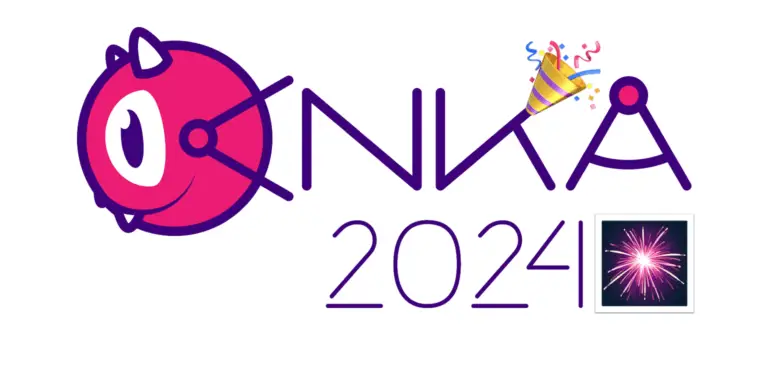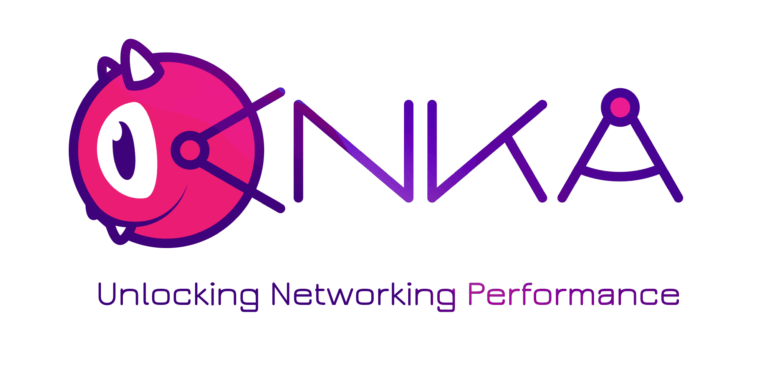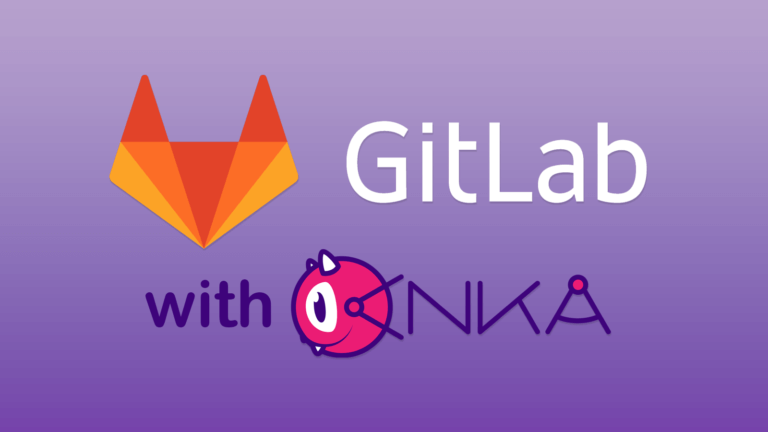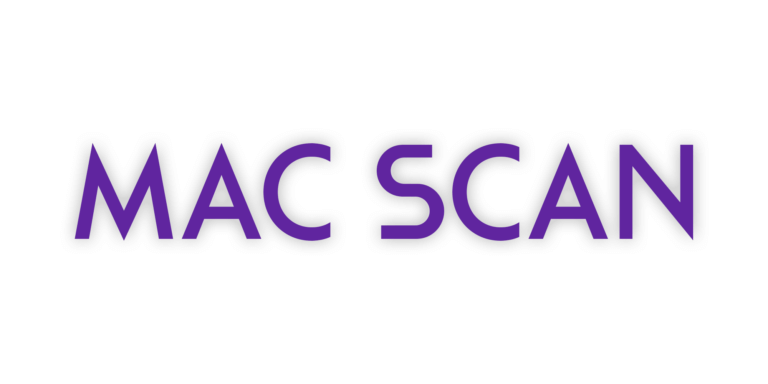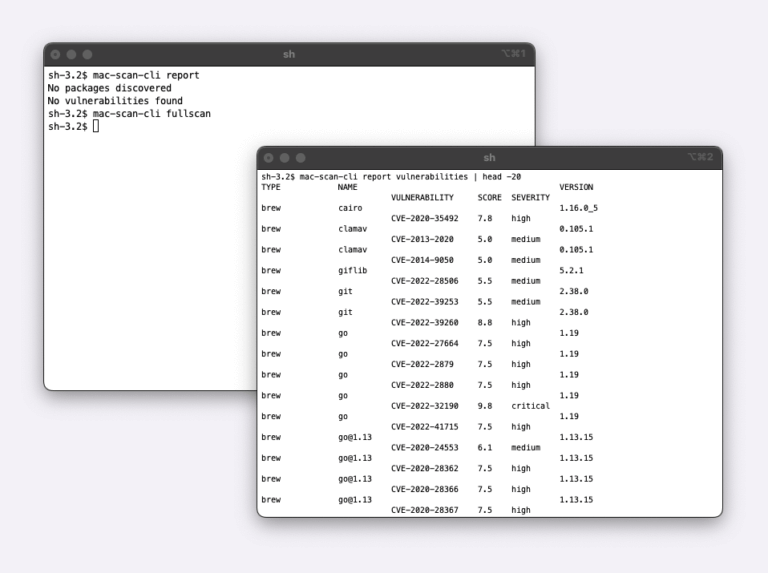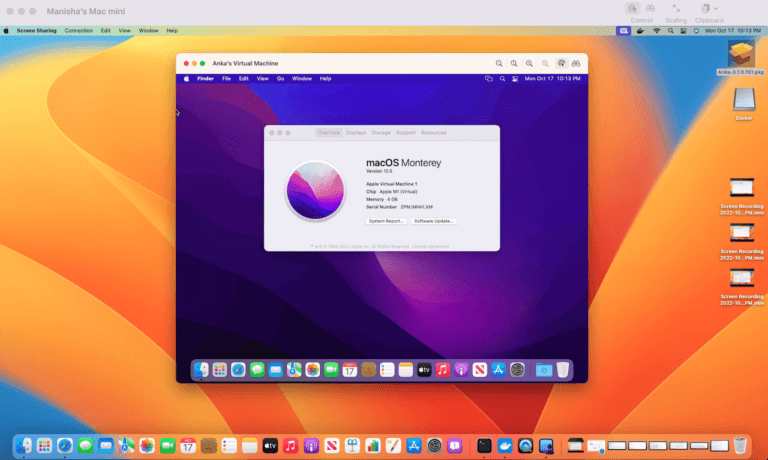Anka macOS virtualization is now at version 2.1.2 with support for Catalina. Since our earlier releases starting from 1.x.x, we have been quietly making changes to improve the performance of iOS and macOS build and test jobs inside Anka VMs. Some of these changes are significant items shared in the release notes, and at other times, the changes are mostly optimizations in the Anka virtualization components. Here are some findings from the latest round of testing with version 2.1.2 and the new 2018 mini hardware.
Anka Version 2.1.2 on 2018 6-Core Mac minis
- Project – Kickstarter iOS-OSS
- Xcode – Version 10.3
- macOS – Catalina (inside Anka VM and on the native hardware)
We used command line xcodebuild utility for the builds and ran clean after every execution on both native hardware and inside Anka VM.
Build and test on 2018, 6-core mac mini, 32GB RAM took 263.6s.
Build and test inside Anka VM with 12 vCPU, and 28 GB RAM took 282s. Performance degradation inside Anka VM is 7% compared to running it on native hardware. Generally, the performance degradation inside Anka VM compared to the native mac is less than 10%. If you tested with an older version of the Anka package(version 1.x), we recommend that you rerun the same tests with version 2.1.2 on the new 2018, minis. You will see a significant performance jump in running jobs inside Anka VMs.
Share your findings with us in our slack channel, and we can assist with additional performance optimization tricks.

